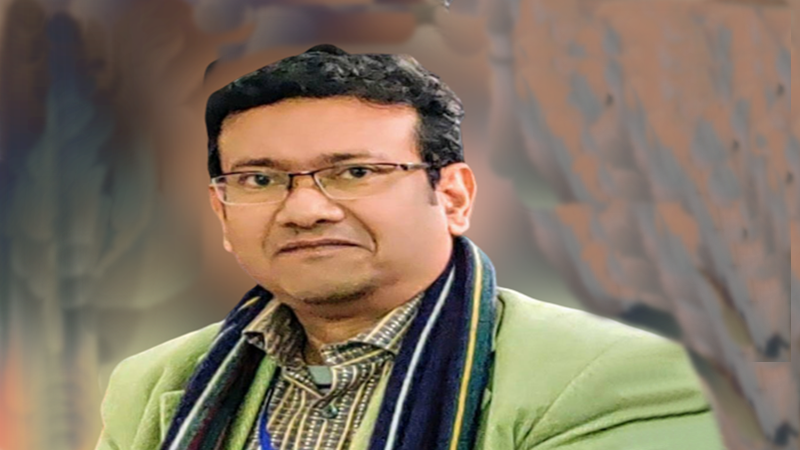
Research Showcase [MPhil] -Emotional Reactions to Stroke a Pilot study in Dhaka City by Kamal U.A Chowdhury and Dr. M. Anisur Rahman
- Kamal U.A Chowdhury and Dr. M. Anisur Rahman
ABSTRACT
There is a growing awareness that stroke victims frequently sustain psychological problems, in addition to motor disabilities and other neurological impairments. Numer ous studies have concluded that anxiety and depression are the most common emotional reactions shown by the stroke survivors. Studies investigating the relationship between stroke and psychological problems mainly give pictures of stroke patients in developed countries and no studies are available to describe the status of stroke patients in Bangla desh in this regard
The present study was undertaken to investigate the emotional reactions of stroke survivors in Dhaka City, Bangladesh in an attempt to fill the void. It was hypothesized that stroke patients will exhibit psychological problems, especially anxiety and depres sion. Measures such as GHQ and HADS were used to assess post-stroke emotional reac tions.
It was found that a high percentage (79.03%) of stroke survivors is suffering from clinical level of psychiatric distress. No significant differences were observed between male and female groups and between lower and higher aged patients in experiencing psychiatric distress. Almost one-third (30.64%) of the participants were rated as having clinical level of anxiety and slightly more than one-third (35.48%) of the participants were identified as suffering from clinical level of depression. Gender difference was ob served in experiencing anxiety; female patients have been found to be significantly more anxious than their male counterparts. No significant difference was observed between lower and higher aged patients in their experience of anxiety and depression. It was con cluded that psychological problems, especially anxiety and depression are common in stroke patients of Bangladesh. A host of biopsychosocial factors and their interrelation ship have been suggested as key factors in the development and maintenance of post stroke psychological problems.